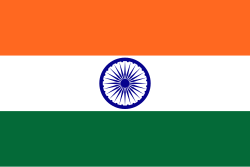| India women's national football team results |
|---|
 |
|

This article summarizes the outcomes of all matches including FIFA recognised, unofficial and matches played against club teams by the India women's national football team , since they first played in 1975. [1] [2] [3] [4] [5]